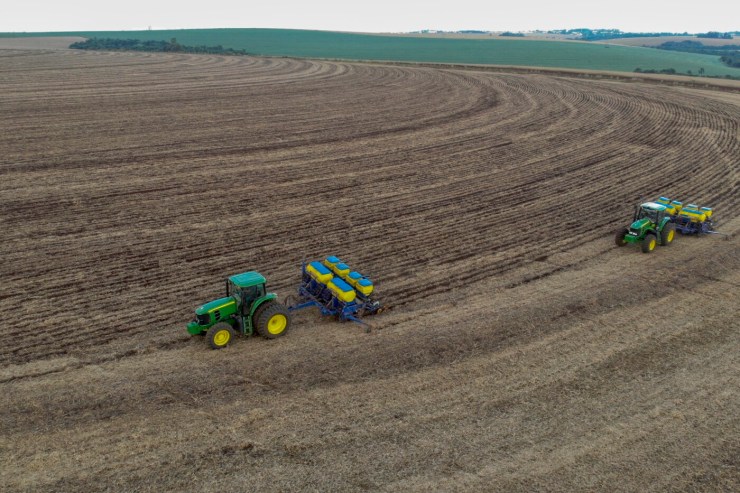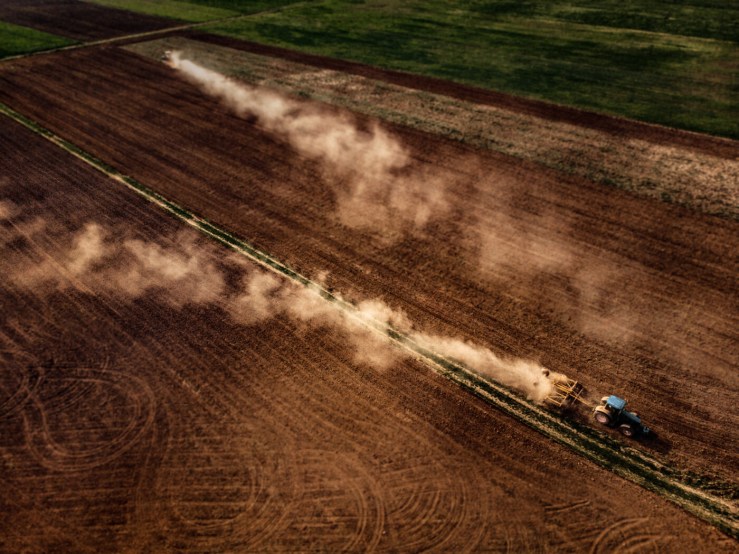With a record amount of over R$1.5 billion announced by the federal government, the 2025/2026 Harvest Plan promises to boost Brazilian agricultural production, including in the rural family business sector. However, access to credit should not be seen as an end in itself, but as part of a strategic plan that takes into account the financial and legal sustainability of the business.

Lawyer specializing in Economic Law, Fabiano Jantalia: “Planning also involves good governance, especially when there is family succession involved or more than one generation leading the business” – Photo: Disclosure
According to Fabiano Jantalia, an attorney specializing in Economic Law, it's crucial that family farmers formally registered as businesses pay attention to the legal and financial requirements of the credit lines offered. "The Harvest Plan is a powerful development tool, but improper use of resources can lead to debt and even asset risk. Family businesses need to organize themselves legally, review their structure, and rely on technical support to safely seize opportunities," he states.
The lawyer also emphasizes that rising interest rates for the 2025/2026 cycle require extra attention. In some lines, interest rates can reach up to 12% per year, which requires a detailed feasibility analysis before contracting. "It's not enough to simply access credit. It's necessary to understand the impact on the company's cash flow, anticipate scenarios, and have a clear return on investment plan," he reinforces.
Another important aspect for family businesses is document and tax compliance. Errors or inconsistencies in registration, such as lack of land regularization, environmental issues, or the absence of updated corporate documents, can impede access to credit or hinder the release of funds. "Planning also involves good governance, especially when there is a family succession involved or more than one generation leading the business," adds the lawyer.
For family businesses looking to leverage the Harvest Plan as a growth engine, this is a strategic moment. In addition to the available resources, the incentive for sustainable production and the adoption of good management practices place these organizations in a privileged position in the new cycle of Brazilian agriculture. With proper legal and economic guidance, it is possible to transform rural credit into a lever for innovation and longevity for family businesses.
Check out some tips for good planning when accessing the 2025/2026 Harvest Plan:
1) Formalize the rural company
Ensure the company is properly registered, with an active CNPJ (Brazilian Taxpayer Registry), updated articles of association, and a clear corporate structure, especially in cases of family succession.
2) Organize documentation in advance
Keep land records, environmental licenses, clearance certificates, proof of tax compliance, and bank documents up to date.

Photo: Gilson Abreu
3) Review cash flow
Before taking out a loan, evaluate your payment capacity and the impact of the installments on your property budget, especially given rising interest rates.
4) Have a clear investment plan
Focus resources on productivity, technology, or sustainability. Avoid using credit in a generic way or without defined goals.
5) Analyze the most suitable line of credit
The Safra Plan offers different modalities, choose based on the company profile (family, small, medium or cooperative), type of production and size of investment.
6) Invest in governance
The starting point for any family business administration is the complete segregation of the company's cash flow from the family's. These two spheres should never be mixed. Furthermore, whenever possible, a professional governance structure should be created, hiring executives or, at the very least, independent consultants to support the company in making management and planning decisions.





